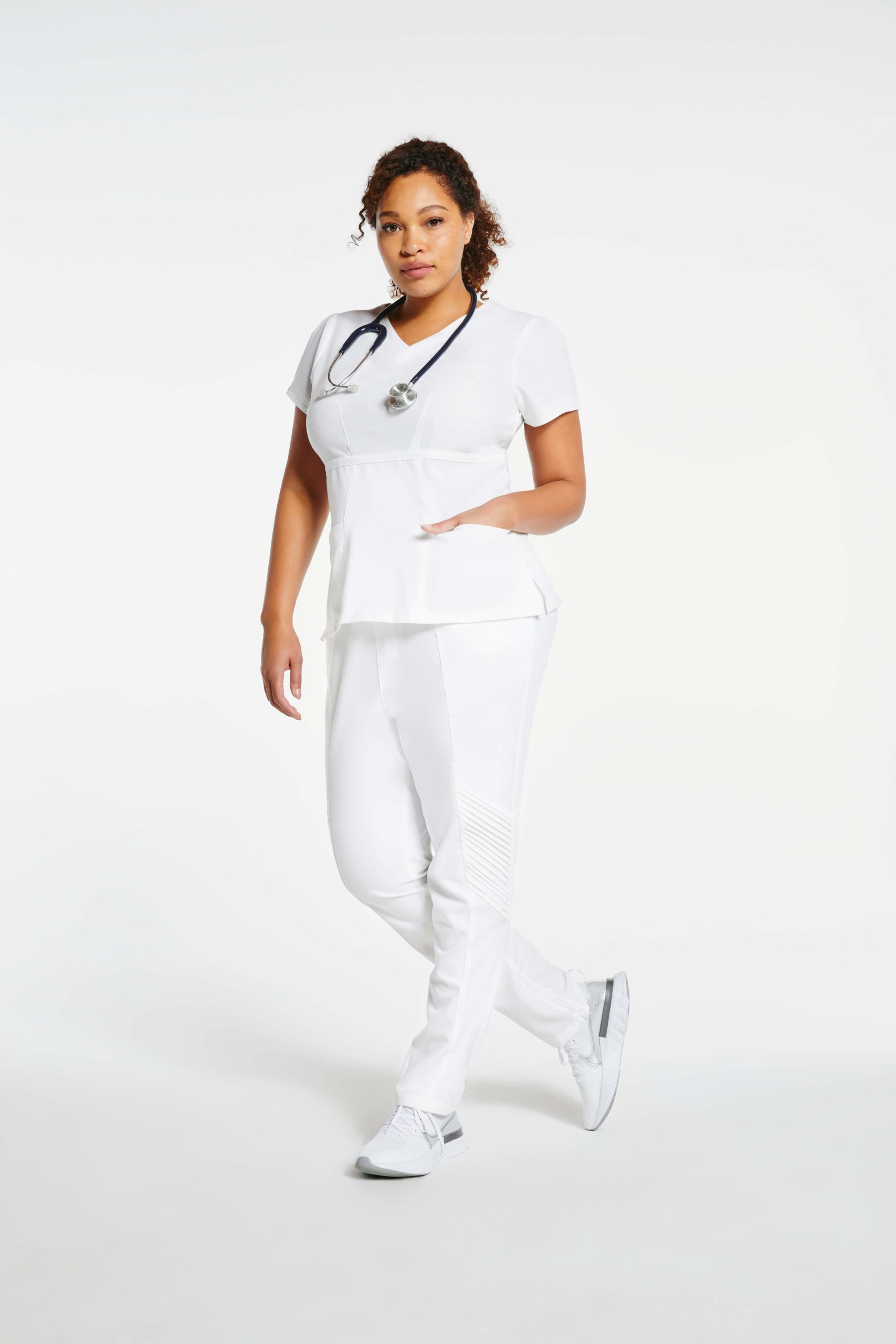
Neonatal Nurses: All You Need to Know Before Becoming One
Babies. Who doesn’t love them? If you’re thinking of becoming a nurse who focuses on pediatric care, we needn’t ask you twice.
How do you land yourself a NICU nurse job if you’ve honed in on a specific sort of infant patient care? We’ve got the full breakdown below and the level of education you will need.
What is a neonatal nurse?

In short, it’s one of the most rewarding careers you can have as a healthcare professional for critical care.
A love for being around babies is a great start, but it involves much more than that. Neonatal nurses require a specific mindset and nursing education as they face intense levels of stress and heightened responsibilities. They care for premature newborn babies and infants with severe congenital disabilities, cardiac issues, or serious infections.
The goal? To help keep the babies’ health on track for the first few—and undeniably most crucial—months of their lives.
What is it like to work as a neonatal nurse?
You’ll be working in a hospital environment in a neonatal intensive care unit (NICU), albeit not exclusively. Some neonatal nurses work at outpatient women’s care facilities or as NICU travel nurses.
Because your patients are so fragile—some of them too small to give apparent signs of distress—you’ll need a highly attentive, detail-oriented mindset attuned to their body language. Additionally, you’ll be dealing with the difficult task of comforting parents, often under traumatic circumstances.
Day-to-day tasks of a neonatal nursing career include:
- Administering medications
- Around-the-clock care and monitoring
- Charting information about your patients and answering questions when asked
NICU wards operate around the clock to take care of premature babies, so the chances of working an extended shift are high. However, not all neonatal nursing news is so severe. Because of advancements in medical technology and better training, survival rates for newborn infants in NICU wards have improved substantially.
Definition of neonatal nursing

Is a neonatal nurse and a NICU nurse the same thing? Not exactly. While the two share some duties, you should know one crucial difference.
All NICU nurses are neonatal nurses by default; you won’t be fit for the job without that specialized neonatal nurse practitioner schooling. However, “NICU nurse” refers to a neonatal nurse who works explicitly within the neonatal intensive care unit.
There’s also a difference between a neonatal nurse and a neonatal nurse practitioner. The former is a registered nurse who works under the supervision of physicians. The latter has completed their master’s or doctorate and additional neonatal nurse practitioner programs to receive the nurse practitioner certification.
Is neonatal nursing right for you?
It’s a golden question, and it depends on where your strengths and interests lie as a nurse.
A nurturing, gentle personality is needed. Do you love children? Are you detail-oriented? Are you compassionate while maintaining an emotional balance? Are you empathic and open to spiritual elements?
What is the career outlook for neonatal nurses?
The job market for neonatal nurses is reasonably healthy. Although you’ve probably seen statistics about declining birth rates, people bringing beautiful babies to the world never go out of fashion, and a percentage of those will need neonatal care.
The demand for neonatal nurses will fluctuate depending on the region and size of your city or town. While the Bureau of Labor Statistics doesn’t track the salary for neonatal nurses specifically, neonatal nursing falls under the category of registered nursing, where you’ll make an annual salary of $75,330 per year.
Keep in mind that your years of experience will affect your salary. Overtime and bonuses will vary from employer to employer, as well.
What are the education requirements for neonatal nurses?

So just how long does it take to become a neonatal nurse?
For neonatal nurses
- First, earn that Bachelor of Science in Nursing, or BSN. You can aim for an associate degree, although a bachelor’s degree is preferred.
- Next, pass the NCLEX-RN exam to obtain a registered nurse license. You may require some NICU-specific certifications.
- Before working in a neonatal unit, additional clinical experience is required. Look for jobs in pediatric offices, labor, delivery or newborn nursery settings.
For neonatal nurse practitioners
- You’ll still need that bachelor’s degree the NCLEX-RN exam and clinical experience.
- On top of this, you’ll need your Master’ of Science in Nursing degree or MSN. Without it, you can’t obtain your certification for advanced practice.
What qualities make a good neonatal nurse?
You’ll need:
- Specialized nursing skills related to neonatal care.
- Excellent communication skills.
- Critical thinking skills.
- Strong computer literacy.
- Planning, multitasking and teamwork skills.
- A drive for perfectionism. Since you’re working with newborns, any errors can be fatal.
What are the benefits of being a neonatal nurse?
Of course, neonatal nursing—despite its hardships—comes with a lot of benefits. You’re working with children and parents who love their children. The potential for joy is high.
Additionally, the pay is excellent and the job demand is steady. If you decide that neonatal nursing is not for you, you’ll still have a wealth of transferable skills on hand that you can use in another area of pediatric care.
In the meantime: If you’re a nursing student and you’re still mulling the decision over, explore Jaanuu’s student discounts. You can check out our premium but affordable scrubs to stock up on supplies.